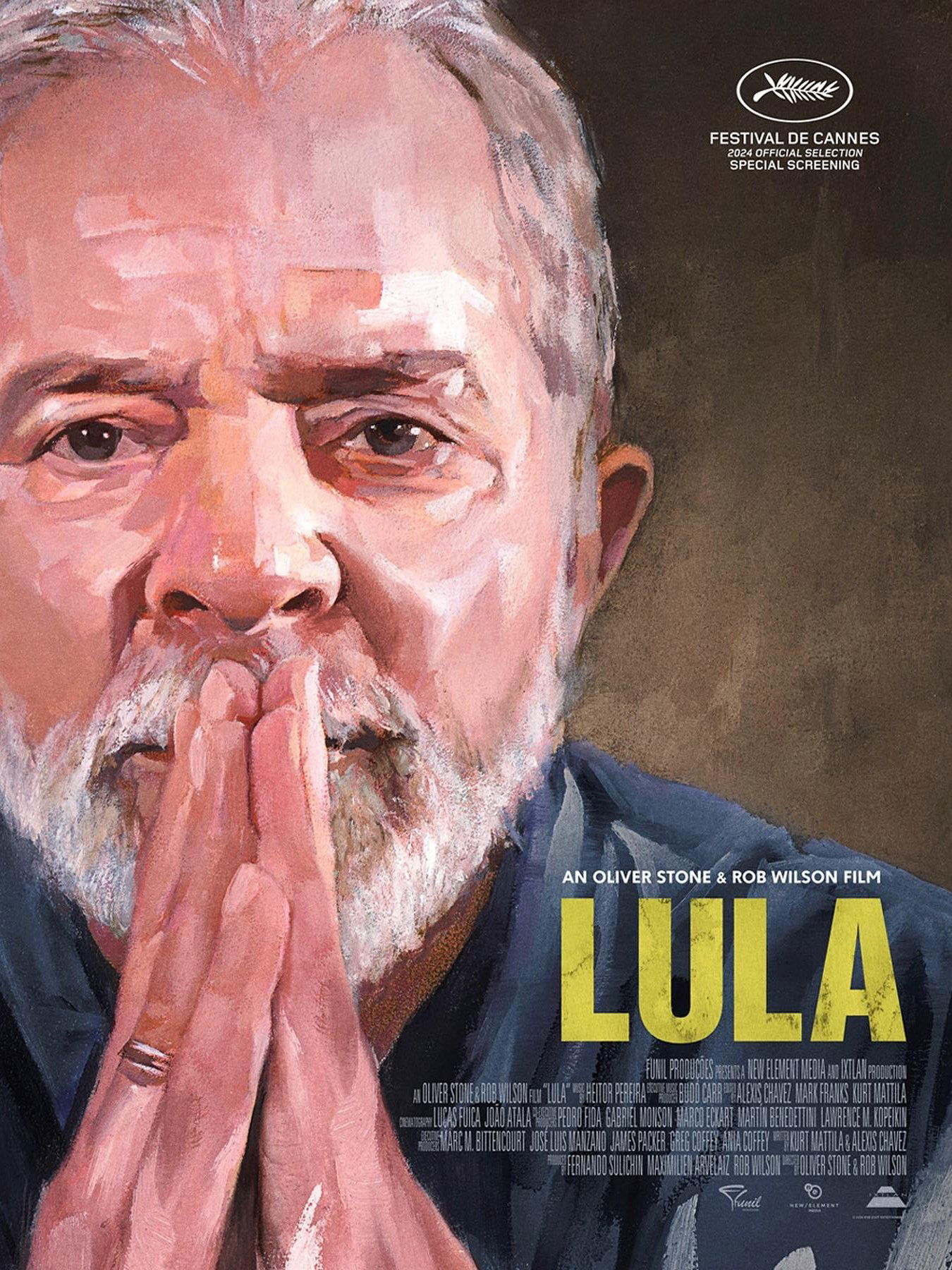
An intimate and revelatory portrait of one of the world’s most influential political figures, Lula explores the rise, fall and triumphant return of beloved Brazilian leader Luiz Inácio “Lula” da Silva, chronicling his extraordinary journey in 2022 to regain the Brazilian presidency after spending nineteen months in prison.
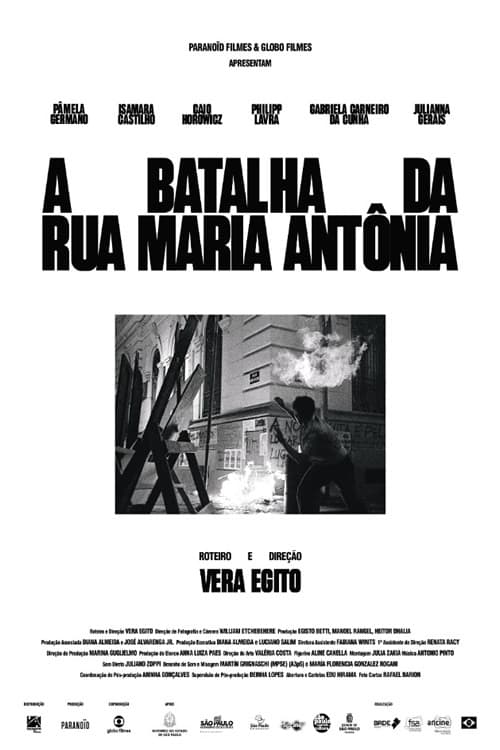
21 sequence shots depict moments in a defining night of the Battle of Rua Maria Antônia, in October 1968, from the point of view of the students and professors of the Left-wing Student Movement, in the Philosophy Faculty building of USP.

The film begins with the implementation of the Paulo Gustavo Law in São Manuel, a town of 40,000 residents in the countryside of São Paulo, to open a broader conversation: what happens when public funding reaches the cultural sector? And why is there still so much resistance to that? Through interviews with funded artists, cultural managers, policymakers, and spontaneous conversations with local residents, the film reveals a reality that goes beyond the borders of a single town, drawing a wider picture of the relationship between art, public policy, and everyday life. The documentary features historian Célio Turino, creator of the Pontos de Cultura program, and congresswoman Jandira Feghali, rapporteur of the Aldir Blanc Law. The screenplay is co-written by Turino and director bagadefente.
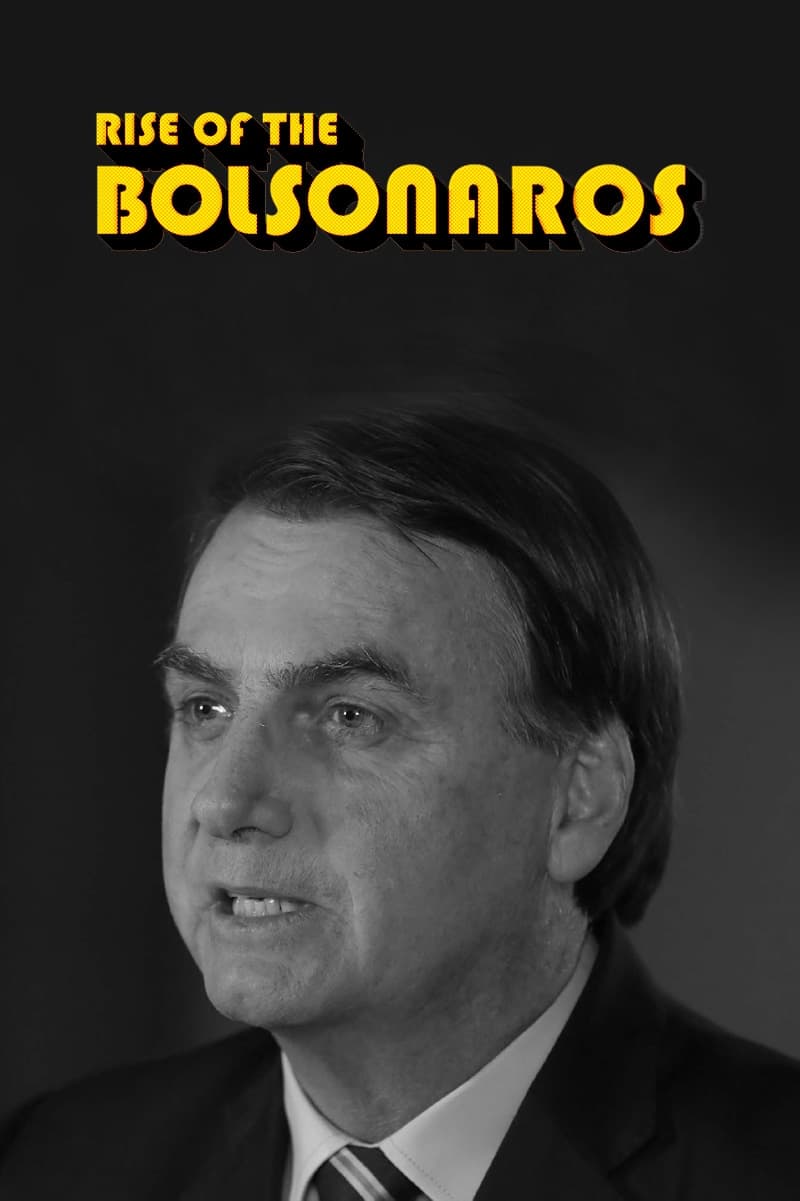
This documentary tells of the extraordinary rise of Jair Bolsonaro, from relative obscurity to the ultimate seat of South American power. Told through intimate interviews with some of those closest to him including his eldest son Flávio, former government ministers, as well as his opponents, explore Bolsonaro’s brilliant yet ruthless journey to the presidency, with high-stakes drama, guns and God.
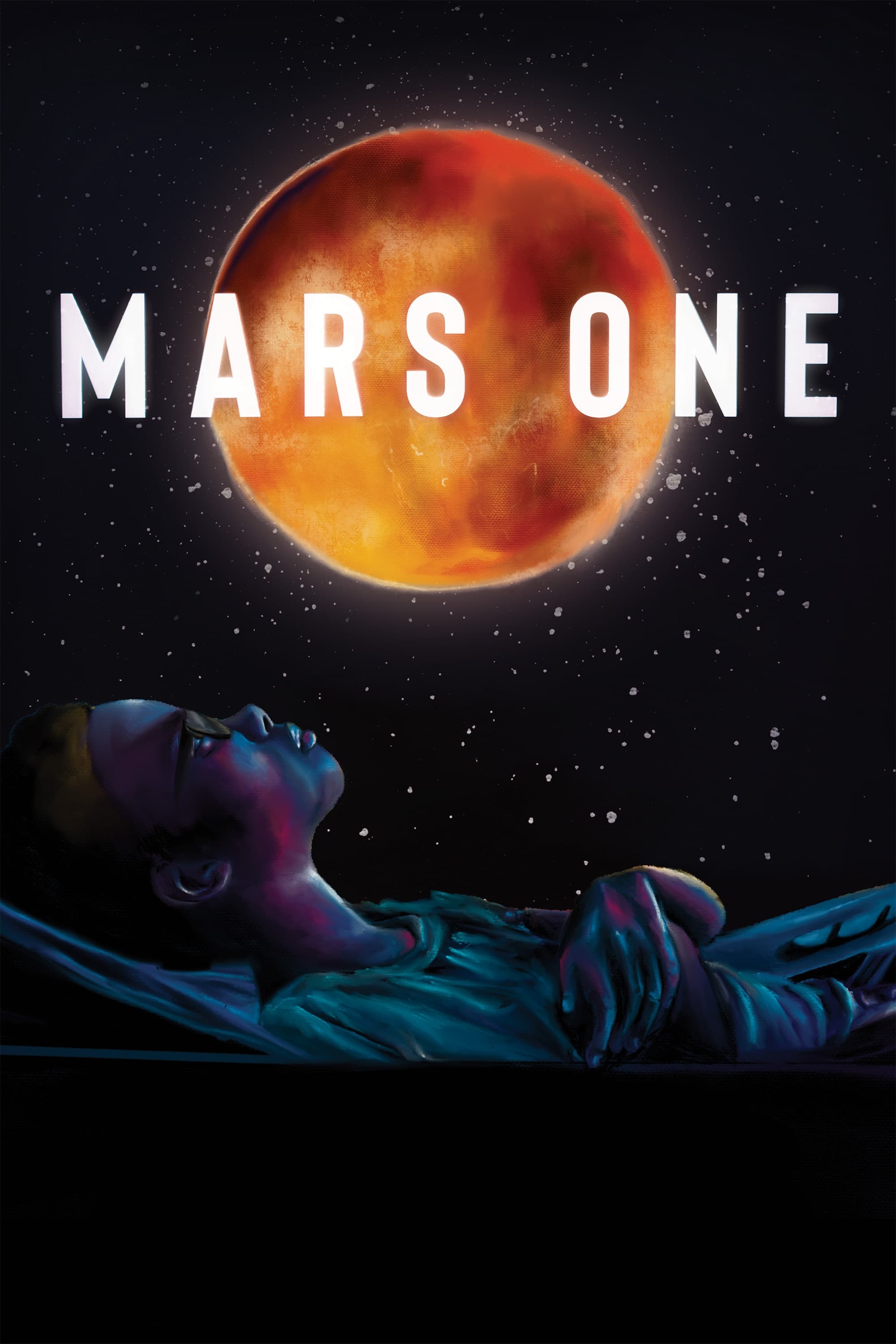
A middle-class Black family in Brazil copes with the election of a far-right extremist president. The mother believes that she's cursed after an unexpected encounter, while her husband puts all of his hopes into their son's soccer career.
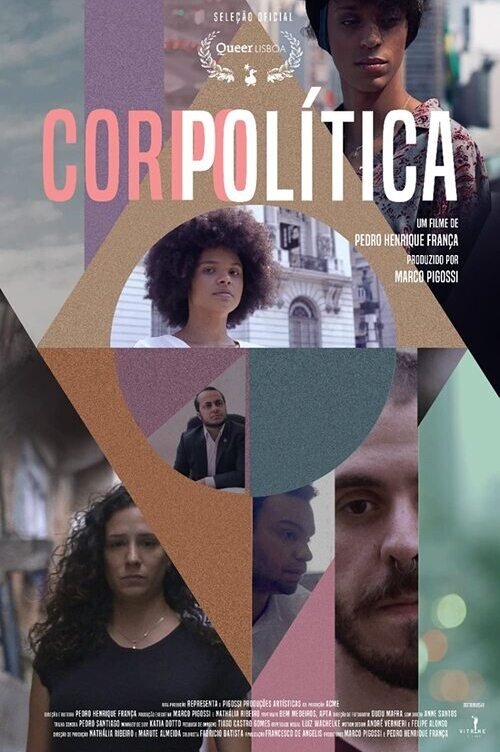
At a time when the far right is ascending to power around the world, the 2020 Brazilian municipal elections saw a surprising and unprecedented record of LGBT candidates. This film follows four young queer politicians during their electoral campaigns and reveals their struggle to affirm their rights to exist and be heard.

By day, Mari and her friends broadcast their spiritual devotion through pastel pinks and catchy evangelical songs about purity and perfection, and by night they form a vigilante girl gang, prowling the streets in search of sinners who have deviated from the rightful path. After an attack goes wrong, leaving Mari scarred and unemployed, her views of community, religion, and her peers begin to shift.
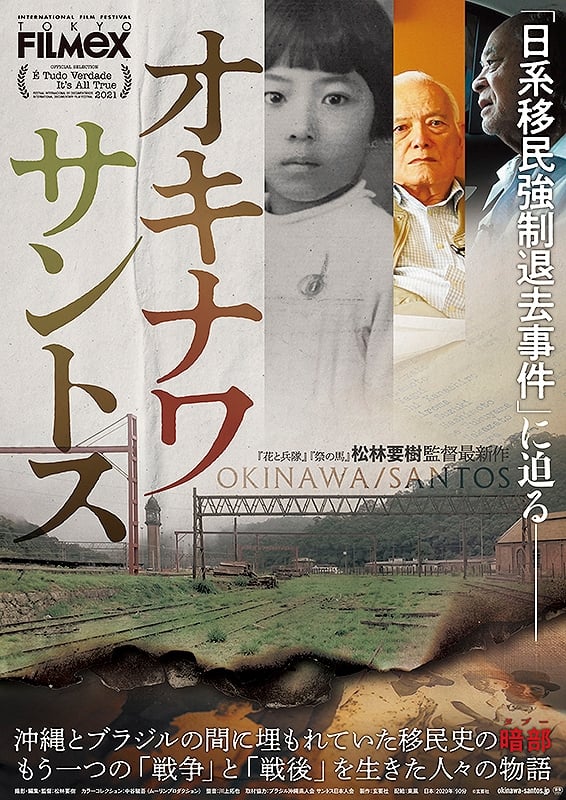
During World War II, many Japanese immigrants in Santos, Brazil, were forced to move to another place. Matsubayashi draws attention to the fact that 60% of the immigrants were from Okinawa. Based on testimonies from interviewees, this film reveals the hidden historical relationship between Okinawa and Brazil.
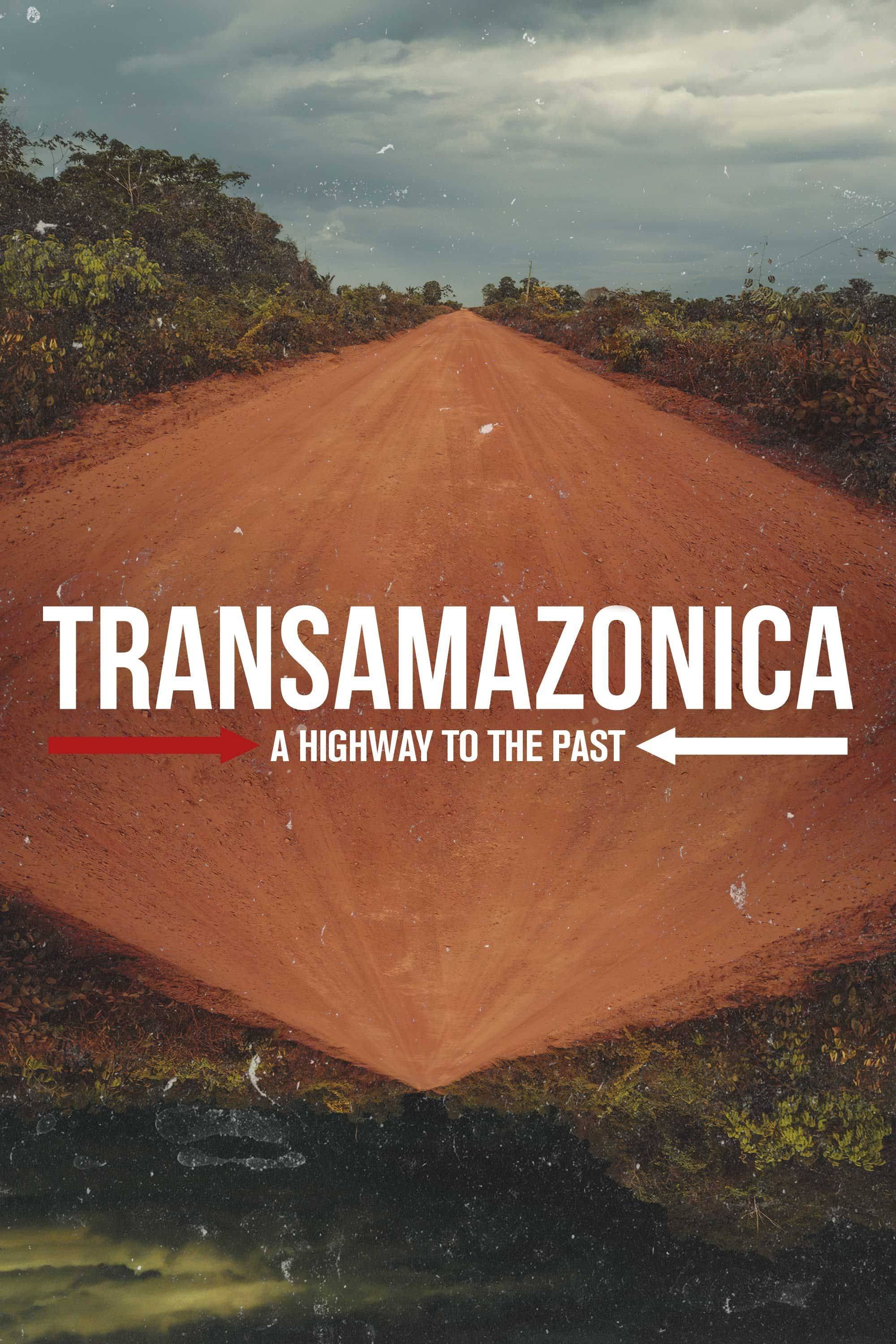
The Transamazon highway was a gigantic saga, the greatest example of the pharaonic works of the Brazilian military government. But the road that would promote national integration was best known for linking the famine of the Northeast with the misery of the Amazon. This haunting docuseries follows the story of the construction of this highway and its morbid consequences.

The 6 Guarani villages of Jaraguá, in São Paulo, fight for land rights, for human rights and for the preservation of nature. They suffer from the proximity to the city, which brings lack of resources, pollution of rivers and springs, racism, police violence, fires, lack of infrastructure and sanitation, among others. Unable to live like their ancestors, their millenary culture is lost as it merges with the urban culture.
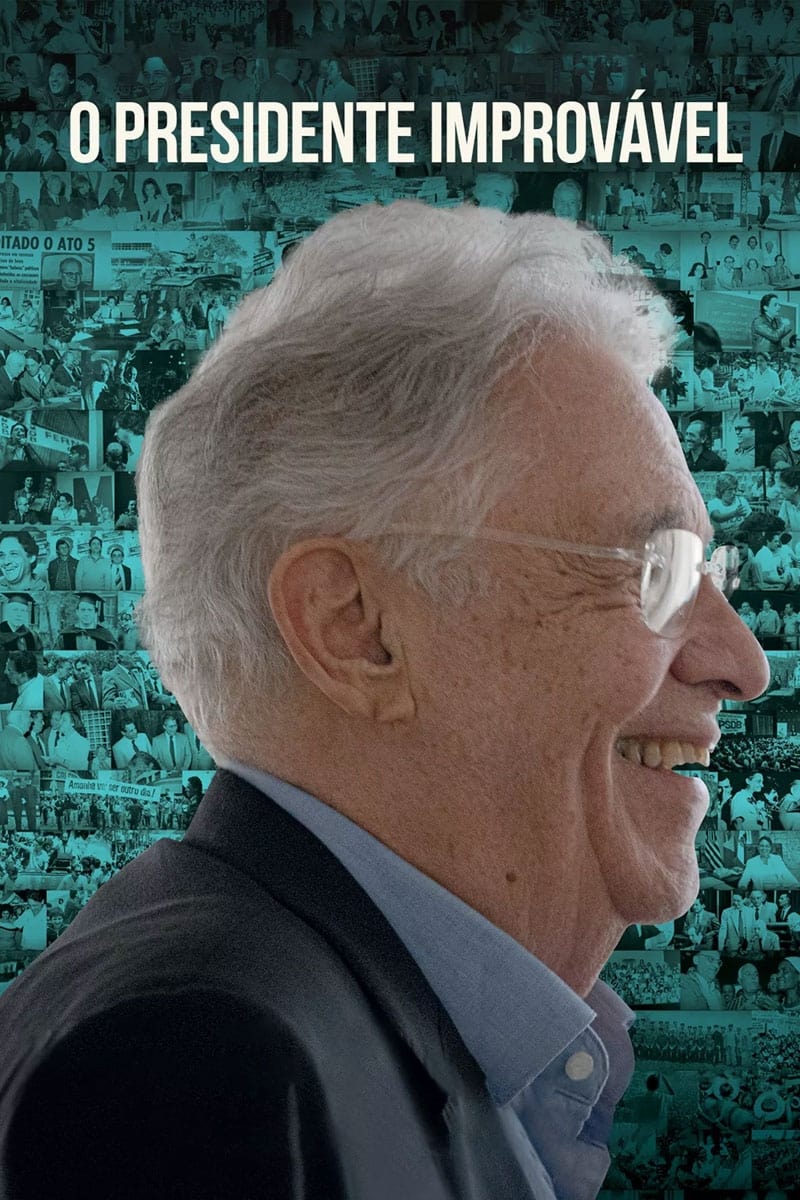
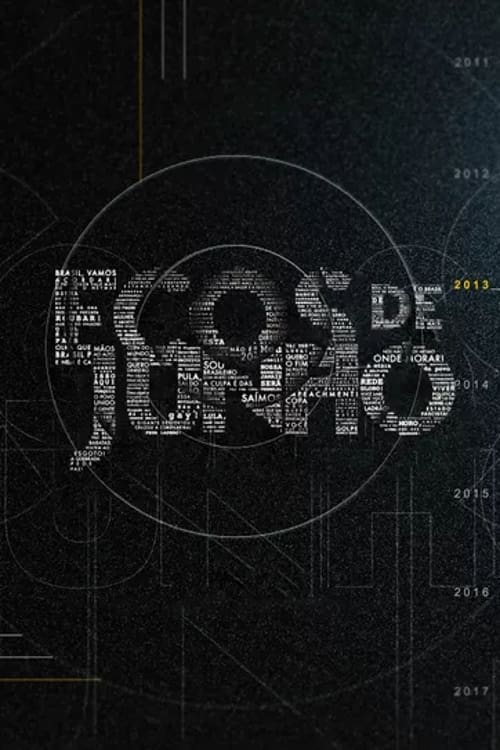
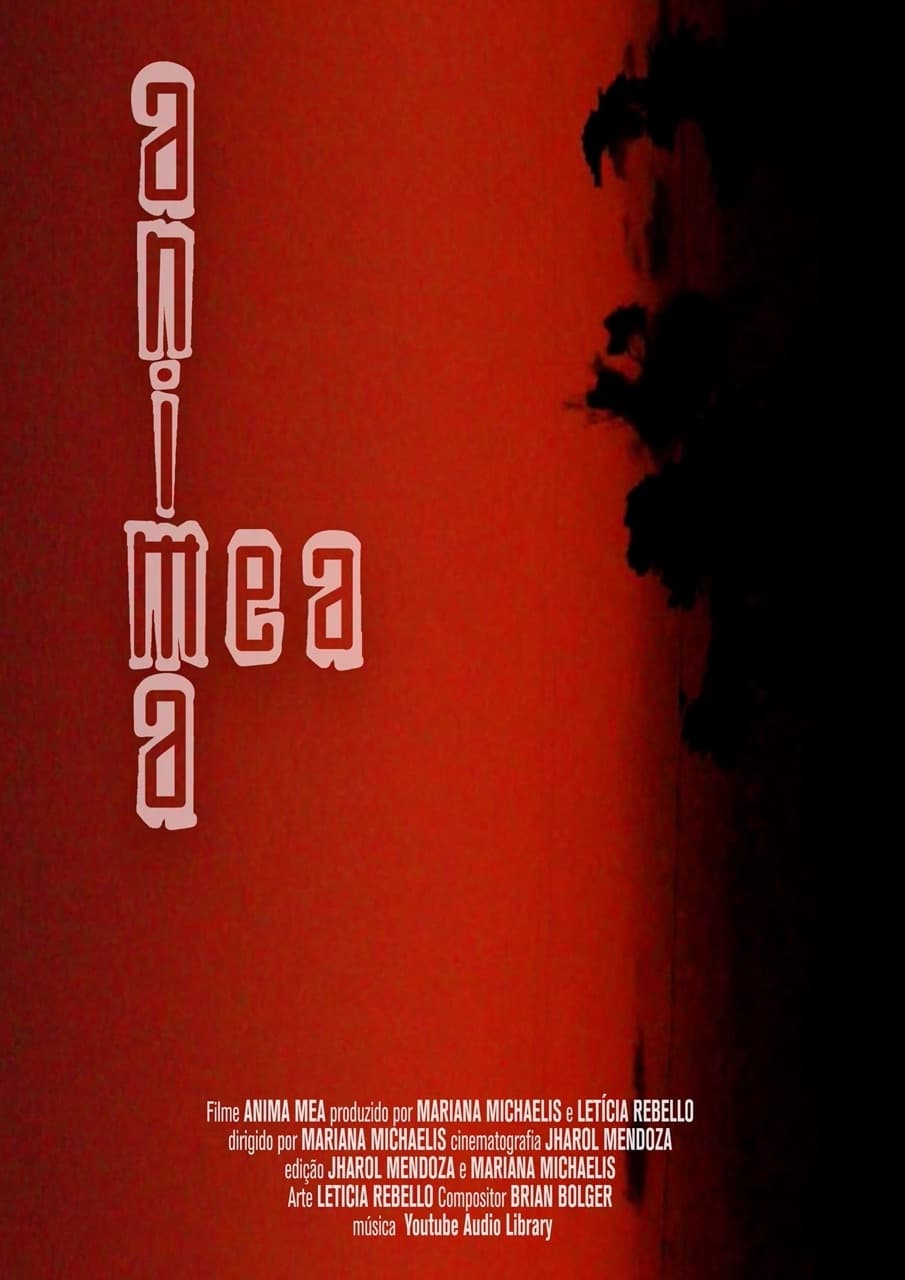
When Mariana connects the Military Dictatorship's violent legacy as the structure behind Brazilian families, she embarks on an introspective journey to deconstruct her family life growing up in Brazil.
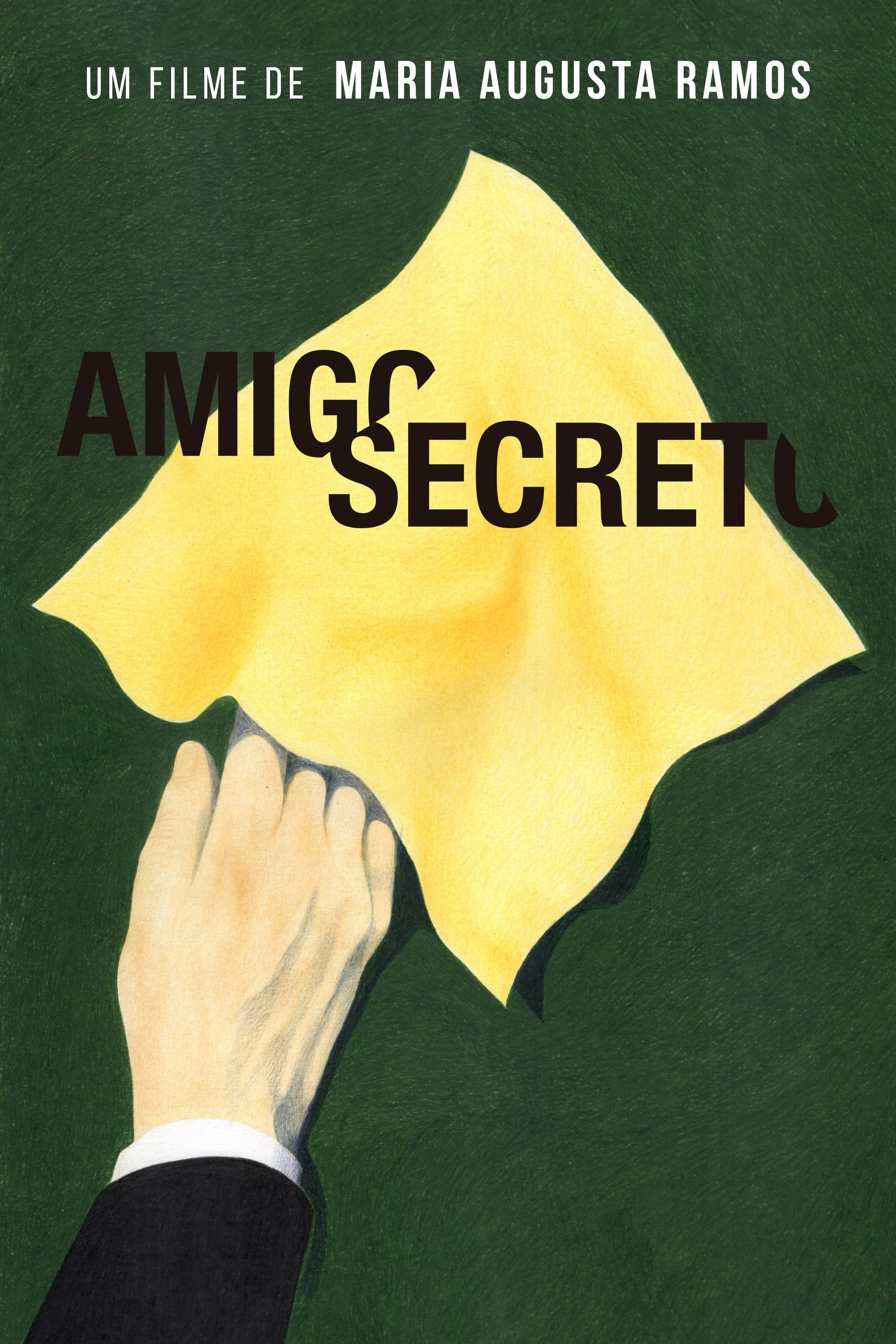
In 2019, the leakage of messages exchanged by authorities in Brazil undermines the credibility of Operation Lava Jato. A group of journalists follows the unfolding of the case, in a sequence of crises that puts Brazilian democracy at risk.

A program that gets into politics, in a year of changes in the Senate, House, Odebrecht's plea bargain agreement and preparations for the 2018 Elections.
While trying to take the enemy's trench, soldier Medeiros remembers his peaceful childhood in the licuri site when everyone knew him by his baptismal name, Maria Quitéria de Jesus.
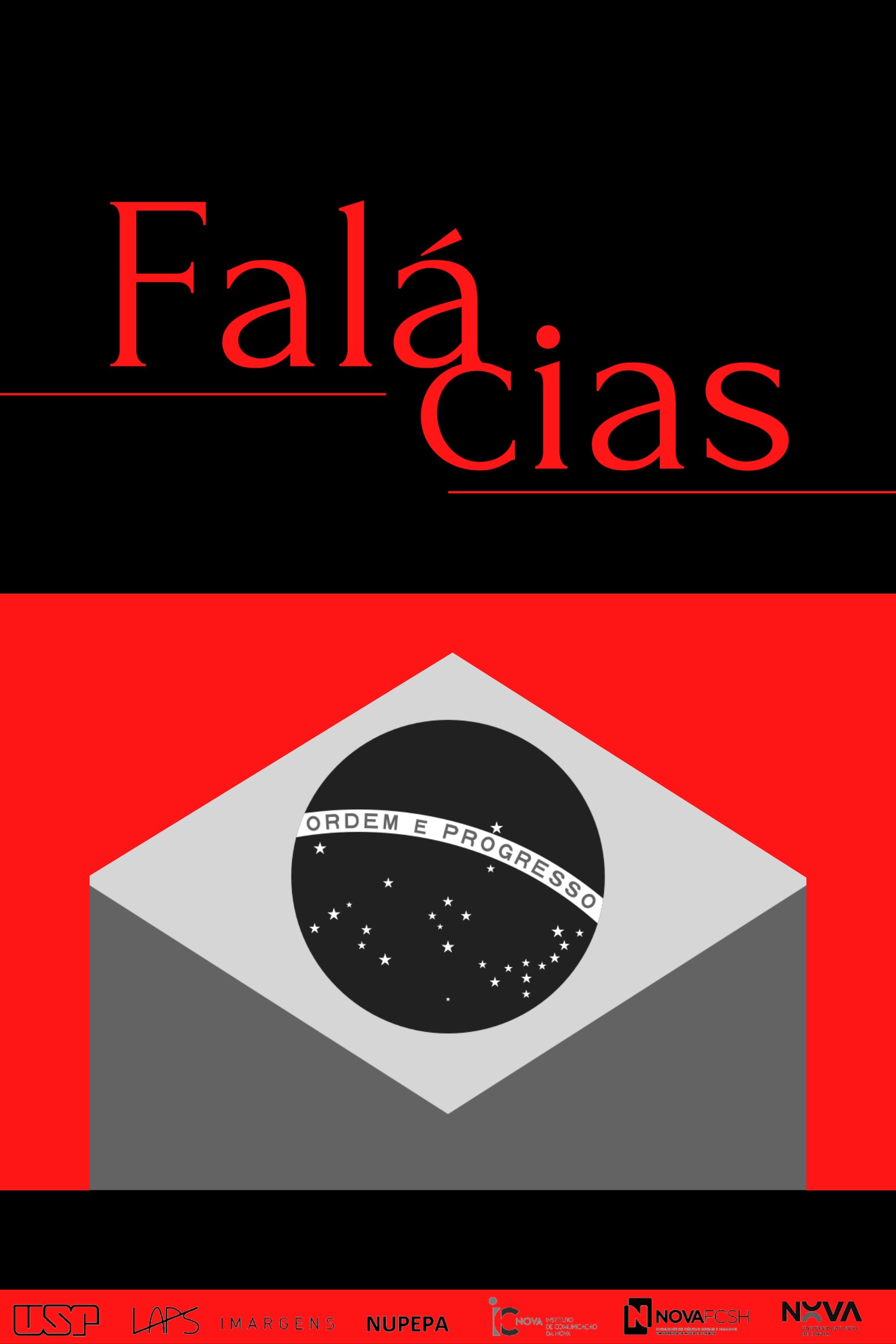
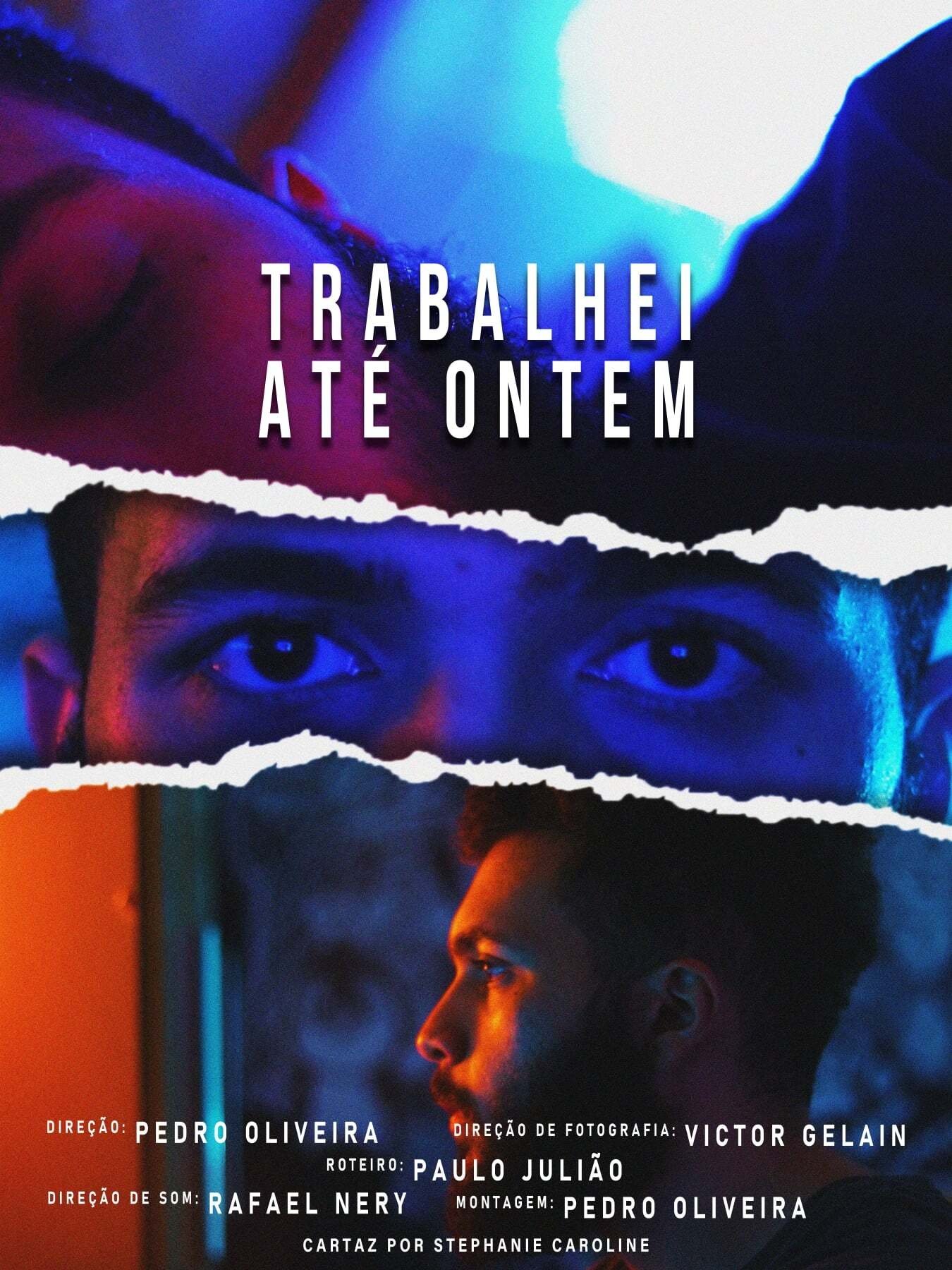
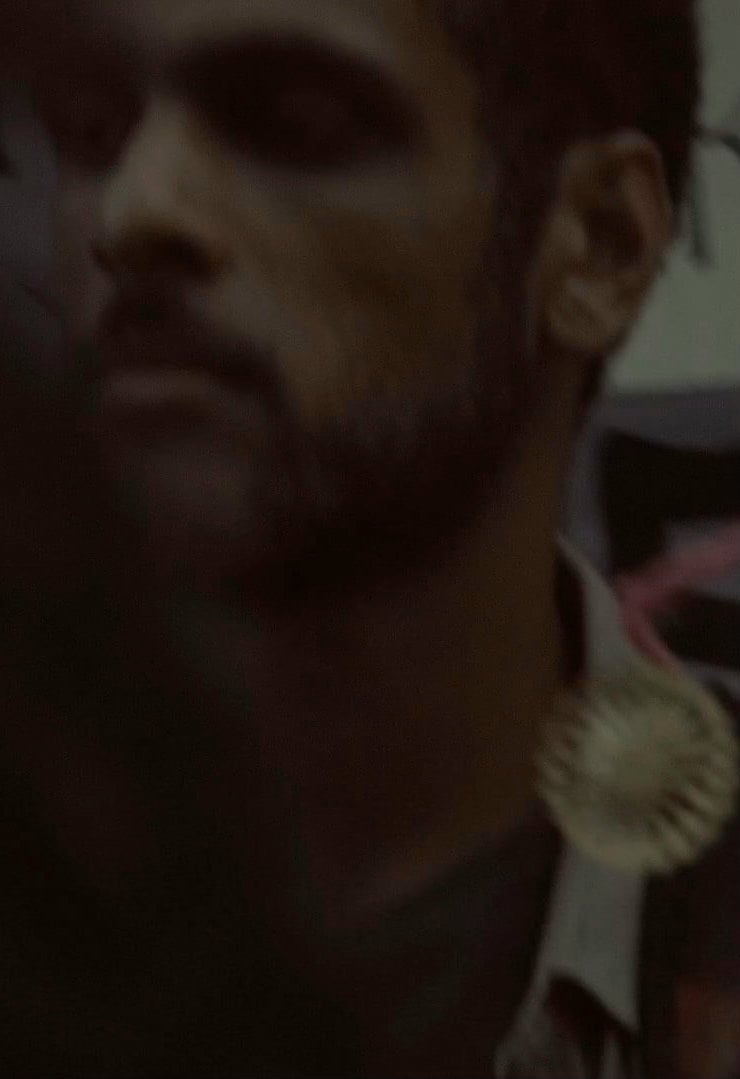
Inbetween fiction and documentary, this film sails through the brasilian street resistance following the parlamentary coup of state.

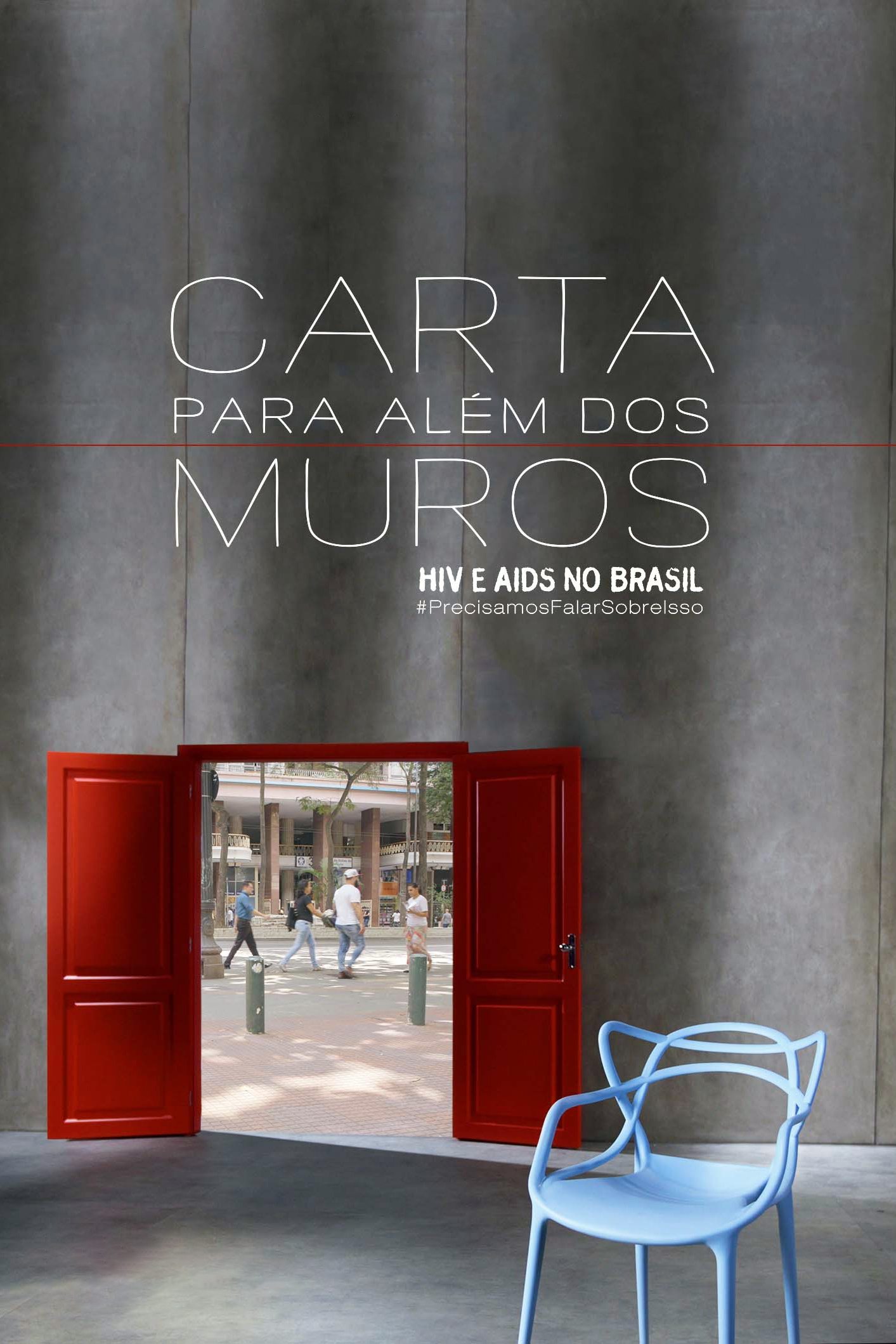
Letter Beyond the Walls reconstructs the trajectory of HIV and AIDS with a focus on Brazil, through interviews with doctors, activists, patients and other actors, in addition to extensive archival material. From the initial panic to awareness campaigns, passing through the stigma imposed on people living with HIV, the documentary shows how society faced this epidemic in its deadliest phase over more than two decades. With this historical approach as its base, the film looks at the way HIV is viewed in today's society, revealing a picture of persistent misinformation and prejudice, which especially affects Brazil’s most historically vulnerable populations.

An elegant dinner, which takes place in real time, brings together a group of intellectuals in the early 90s in São Paulo, Brazil: the hosts are the editor of the country's top news magazine and her husband, the company's lawyer, and the occasion is the wedding anniversary of the magazine publisher and his wife, a famous theater actress. The publisher has written an open letter to the president of the country, with serious denunciations, which will run in the upcoming issue. He risks being arrested this very evening. As tensions increase with the imminence of prison, secrets come to light revealing the conflict between the ethics sought in public life and the ethics practiced in private life.

Filled with raunchy laughs, this documentary compiles outrageous scenes from sex-comedies that shaped Brazil's "pornochanchada" boom of the 1970s.
By browsing this website, you accept our cookies policy.